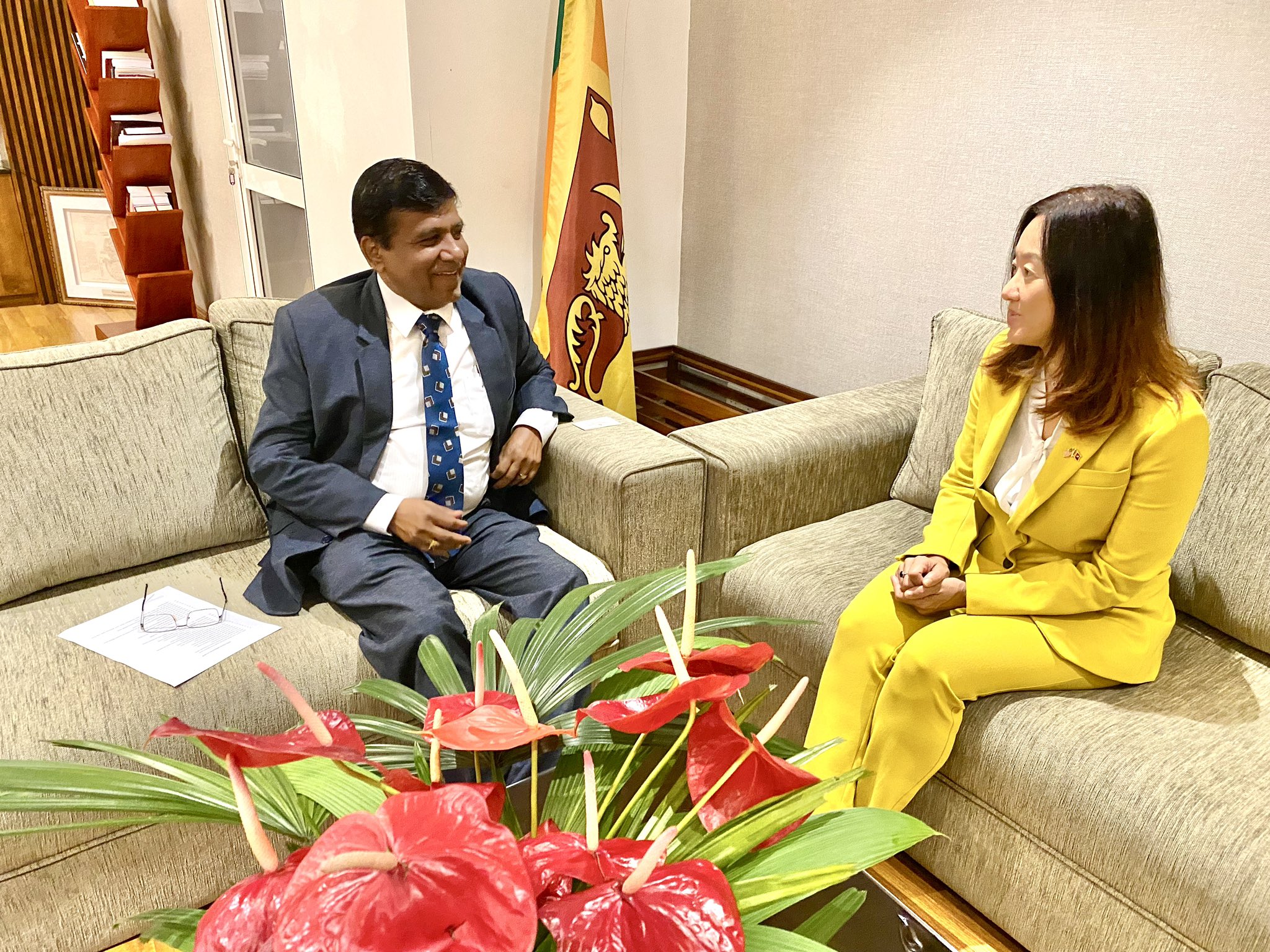
Meeting with Sri Lanka’s justice minister, Wijeyadasa Rajapakshe, US ambassador to Sri Lanka, Julie J. Chung, claimed to be “extremely happy” with Sri Lanka’s current economic situation and "peaceful environment" despite growing alarm over Sri Lanka’s human rights record.
During the meeting, Chung allegedly praised the passage of the “Unity and Reconciliation” bill which mandates the establishment of the establishment of the “Office for National Unity and Reconciliation”. The bill has been widely opposed by Tamil politicians who view it as yet another hollow domestic mechanism.
The new office will reportedly consist of 11 members approved by the Sri Lankan government. One of the members would be nominated by the justice minister and appointed by the president, while the president would appoint the 10 other members on the minister’s recommendations.
Rajapakshe further claimed that the office has already organised several events in Jaffna focused on Thai Pongal. Often celebrations across the Tamil homeland have faced great levels of police surveillance and intimidation.
Chung also discussed with Rajapakshe the government’s proposed Anti-terrorism bill which would replace the widely condemned and long-standing Prevention of Terrorism Act. Whilst Rajapakshe touted the bill as a significant reform of Sri Lanka’s currently legislation; the bill has received significant criticism from human rights organisations including the the Office of the High Commissioner of Human Rights (OHCHR).
The OHCHR warned that the bill “includes an overly broad definition of terrorism and grants wide powers to the police - and to the military - to stop, question and search, and to arrest and detain people, with inadequate judicial oversight”.
Chung also expressed approval over Sri Lanka’s economic recovery and emphasised the importance of protecting small and medium scale entrepreneurs. She also noted approval for Sri Lanka’s war on drugs.
Human Rights activist Ambika Satkunanathan has noted that in previous raids by the Sri Lanka police, they were not based on evidence but were "targeting only poor areas".
The selling and use of drugs across the North-East have been rising since the end of the armed conflict. The former Chief Minister CV Wigneswaran stated in 2015 that Tamil youth are being pushed into drugs and prostitution with the help of the Sri Lankan military and in recent years high profile arrests of Sri Lankan military and Police for drug possessions are common. Sri Lankan state forces have been implicated in drug trafficking, over a dozen Sri Lankan police officers from the country’s Police Narcotic Bureau (PNB) were arrested for their alleged involvement in an illegal drug ring.
Sri Lanka’s Public Security Minister, Tiran Alles instructed police to use "maximum force" against suspected criminals, stating the police will locate alleged drug dealers and "shoot them".
Read more here.
We need your support
Sri Lanka is one of the most dangerous places in the world to be a journalist. Tamil journalists are particularly at threat, with at least 41 media workers known to have been killed by the Sri Lankan state or its paramilitaries during and after the armed conflict.
Despite the risks, our team on the ground remain committed to providing detailed and accurate reporting of developments in the Tamil homeland, across the island and around the world, as well as providing expert analysis and insight from the Tamil point of view
We need your support in keeping our journalism going. Support our work today.
For more ways to donate visit https://donate.tamilguardian.com.

